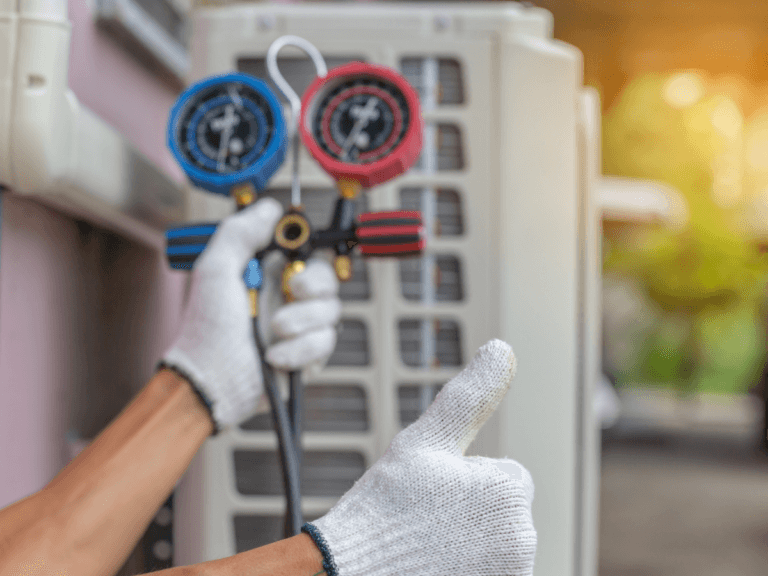
Ever wondered how your air conditioning unit works?
It is likely something you have never given much thought to. Let’s face it, us Floridians rely on our air conditioners to get us through the warmer months more than any other state. On hot days your AC unit is there to cool you off, and on the rare cold days in Florida when the heat kicks on, it is there to keep you warm and cozy.
Let’s start with the AC unit itself. Every air conditioner consists of coils, fans, valves, evaporators, and compressors. As if by magic, all of these components work together synergistically to keep your home comfortable throughout the year in Florida. Though most of those who use air conditioners are not aware of the science behind it, the process is actually quite interesting.
The idea is that a chemical called “refrigerant” circles from inside the home to outside and back again, absorbing and removing heat in the process. The refrigerant cools and then re-enters the home, starting the cycle again. There are two refrigerants frequently used in residential air conditioners, R-22 and R-410A, both of which are chemically known as hydrochlorofluorocarbons, or HCFCs.
Basically, these chemicals fluctuate from a liquid to a gaseous state effortlessly, and it is these so-called phase transitions that make HCFCs so suitable as refrigerants.
Remember what you learned in elementary school… when liquid water is heated it evaporates into a gas. The same goes for the refrigerant. The refrigerant absorbs heat in its liquid state, transforming into a gas. The refrigerant is then forced to return to being a liquid, discharging the heat it absorbed and thus made ready to take in heat once more.
In other words, evaporation absorbs heat and produces a cold sensation, and the liquid refrigerant used in air conditioners evaporates at a low temperature. The refrigerant evaporates inside a set of coils and makes the coils cold. Then a fan blows air over these coils, allowing cool air into the household. Meanwhile, the compressor is working to turn the now gaseous refrigerant back into a liquid; in doing so, heat is created. The unit then releases the excess heat outside.
The more you know! Now that you know more about the science behind how your air conditioning unit works, if you need help with maintenance, repair, or are in the market for a more efficient AC unit, call the professionals at Mason Air Conditioning & Heating, Inc. today. Call us at 727-433-9853 or schedule an appointment online and receive your service call completely FREE.